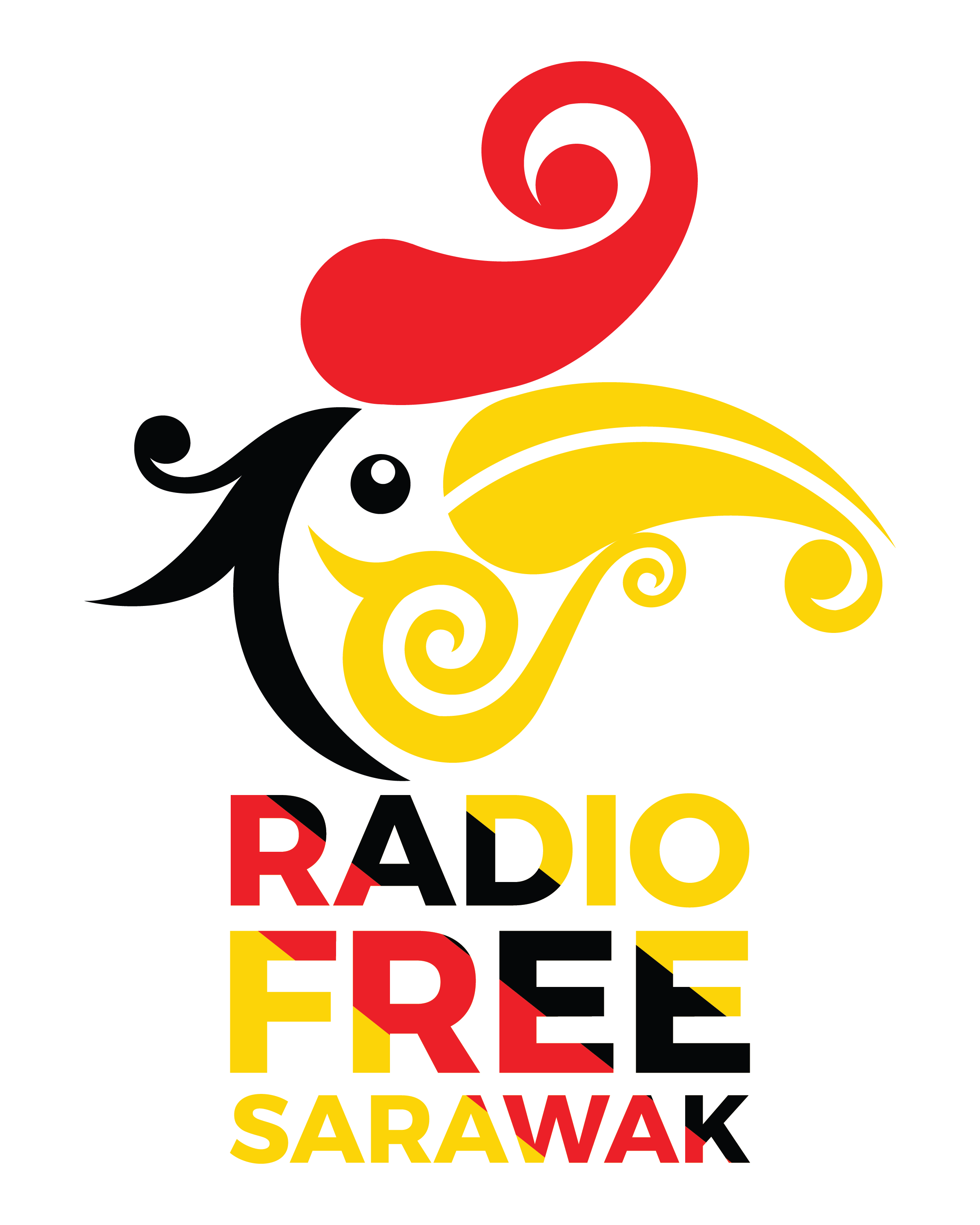10 October 2023
Topik Pada Hari Ini
> Dominic Langat - Masyarakat suku Penan di Long Tungan, Baram - Perbezaan Harga di Luar Bandar: Perjuangan Long Tungan untuk Membeli Barang dengan Harga Berpatutan
> YB Chiew Choon Man, Ahli Parlimen PKR Miri - Subsidi RM950 setiap Tan Metrik: Langkah Menuju Beras yang Terjangkau
> Nasir Dollah, Timbalan Pengerusi JKOAK - Harga Tinggi Barangan Asas Mengekang Komuniti Orang Asli di Hujung Tanahair Malaysia
On Today Show
> Dominic Langat- Penan tribe in Long Tungan, Baram – Rural Price Disparities: Long Tungan's Struggle for Affordable Goods
> YB Chiew Choon Man, PKR MP of Miri – RM950 Subsidy per Metric Ton: A Step Towards Affordable Rice
> Nasir Dollah, deputy chairman of JKOAK – Prolonged High Prices of Essential Goods Plague Orang Asli Communities in Malaysia's Interior
-
Special Randau
1. The SPRM is investigating a rice supply company in Kedah for fraudulent rice supply transactions.
2. Rumors at the coffee shop suggest that the former Chief of the Malaysian Armed Forces (born in Sarawak) is set to be appointed as the Sarawak Governor, replacing Taib Mahmud. Taib's 87th birthday celebration has been postponed.
3. The Director-General of the Criminal Investigation Department of Bukit Aman issues a stern warning to police officers involved in any form of collusion with criminals.
-------------------------------
Dominic Langat- Penan tribe in Long Tungan, Baram
*Rural Price Disparities: Long Tungan's Struggle for Affordable Goods*
To get to long Tungan, you have to travel by land using a four-wheel drive 4X4, which takes 8 hours from Miri city. According to Dom, the price of rice, flour, cooking oil and other daily necessities is RM10 more expensive than the price in MIRI town. We have never obtained subsidized prices or enjoyed the goods transported using the necessary goods distribution program, LPG and the price standardization program through the 2023 budget. All our necessary goods, we buy and transport ourselves. This is what makes it expensive in the hinterland. According to the 2023 budget, more than RM200 million will be allocated for the cost of transportation and distribution of basic necessities to the interior. Dom claimed that the village of Long Tungan had never obtained sunsidi price goods. He requested that the government and delivery contractors be transparent about this matter. Regarding the potential of Sarawak as a rice producing state. This cannot be denied. Since the 1980s, we in Long Tungan have been cultivating paddy fields and received little help from the government. But the aid has been stopped. But if it is reactivated and supplied with quality seeds, irrigation, modern agricultural technology and the latest agricultural infrastructure. It is not impossible that the desire to make Sarawak a paddy/rice producing state will be achieved. Because the people in my village do have skills in agriculture - said Dom. Now we grow hill paddy on a small scale for self-sufficiency.
-------------------------------
YB Chiew Choon Man, PKR MP of Miri
*RM950 Subsidy per Metric Ton: A Step Towards Affordable Rice*
YB Chiew stated that on 15/10/2023, the government agreed to provide a subsidy of RM950 for every metric ton of rice. This subsidy will potentially lead to a reduction in the price of rice, which means that imported white rice will be sold as low as RM31 in Sabah and Sarawak. He mentioned that this was done to ease the burden on the people, as the government is providing subsidies.
-------------------------------
Nasir Dollah, deputy chairman of JKOAK
*Prolonged High Prices of Essential Goods Plague Orang Asli Communities in Malaysia's Interior*
The issue of high prices for essential goods has been an ongoing concern, particularly for the Orang Asli communities residing in the remote interior regions. This issue dates back to the tenure of former Prime Minister Najib Razak and has persisted even after the implementation of the Goods and Services Tax (GST), which significantly impacted the cost of everyday necessities such as eggs, sugar, and more. Unfortunately, the problem continues to escalate, with the latest challenge being the soaring prices of rice.
The adverse effects of these high prices are acutely felt within the Orang Asli community, leading to an unsustainable economy for many. The rising cost of goods places an immense burden on their already limited financial resources, making it increasingly difficult to make ends meet. This predicament further exacerbates the socioeconomic disparities faced by these indigenous communities.
Even if the Orang Asli wish to turn to agriculture, they face additional challenges related to wildlife threats. The threat posed by wild animals is not limited to the destruction of their gardens and farms; it extends to the safety of the community members themselves. Recent incidents have highlighted the perilous nature of these encounters, with tragic incidents of tigers attacking and killing Orang Asli individuals who ventured into the jungle in search of essential forest products.
In light of these pressing issues, community leaders and advocates are urgently calling upon the government to address these critical concerns. They emphasize the need for comprehensive solutions that encompass both economic relief for the high cost of living and increased safety measures to mitigate the risks posed by wildlife encounters. The government's intervention is crucial to ensuring the well-being and security of the Orang Asli communities who have long contributed to the cultural and social fabric of Malaysia.
